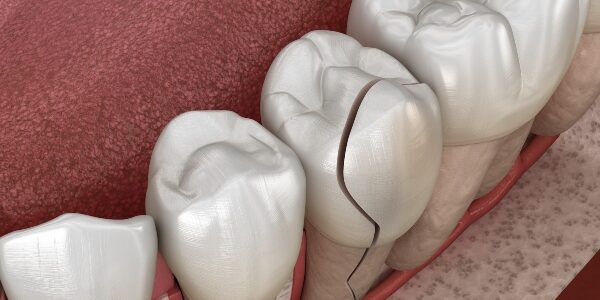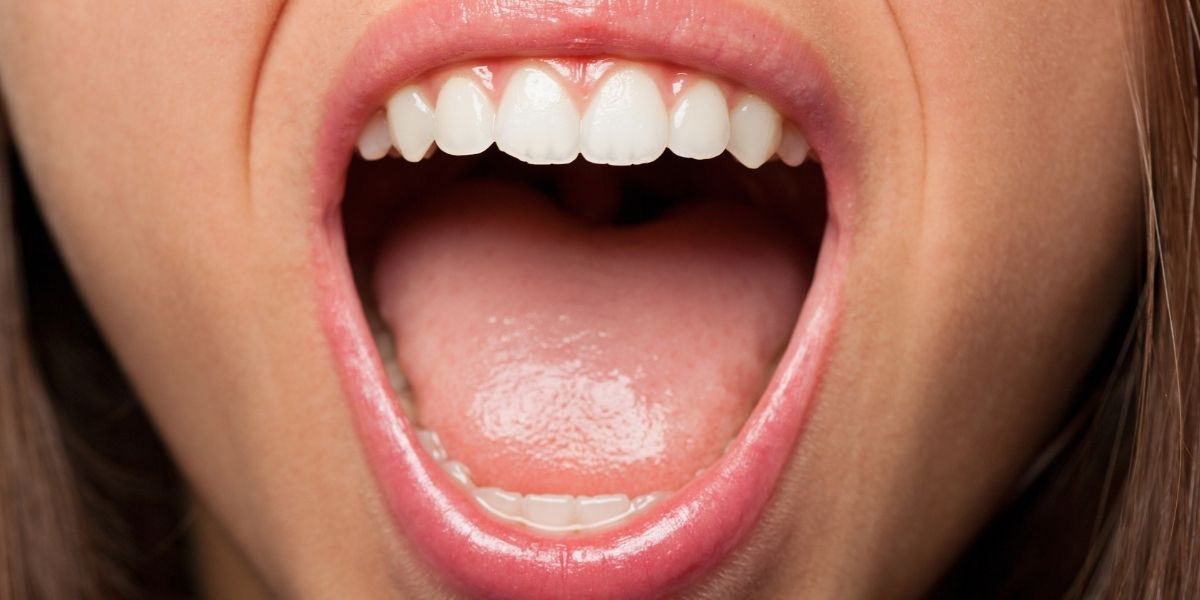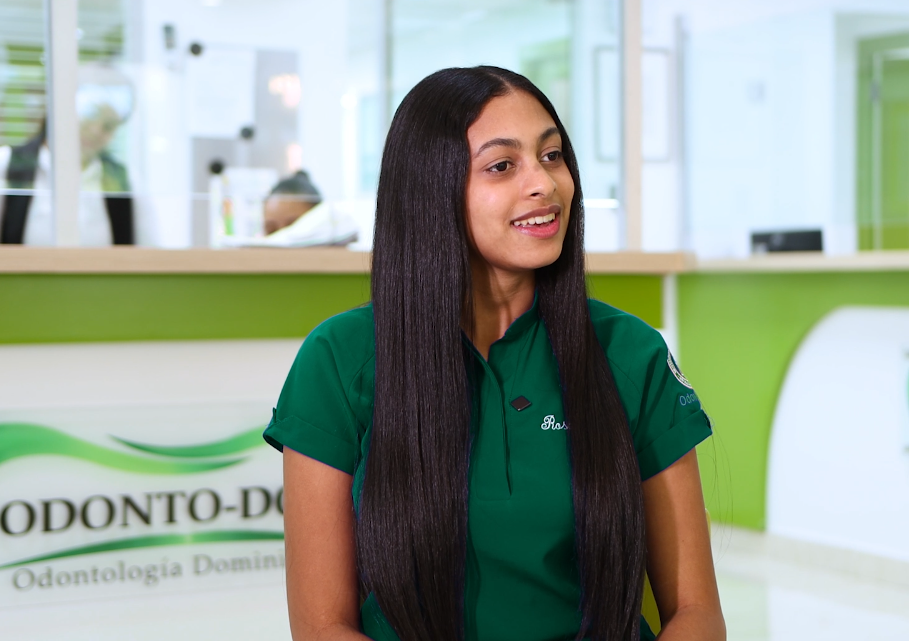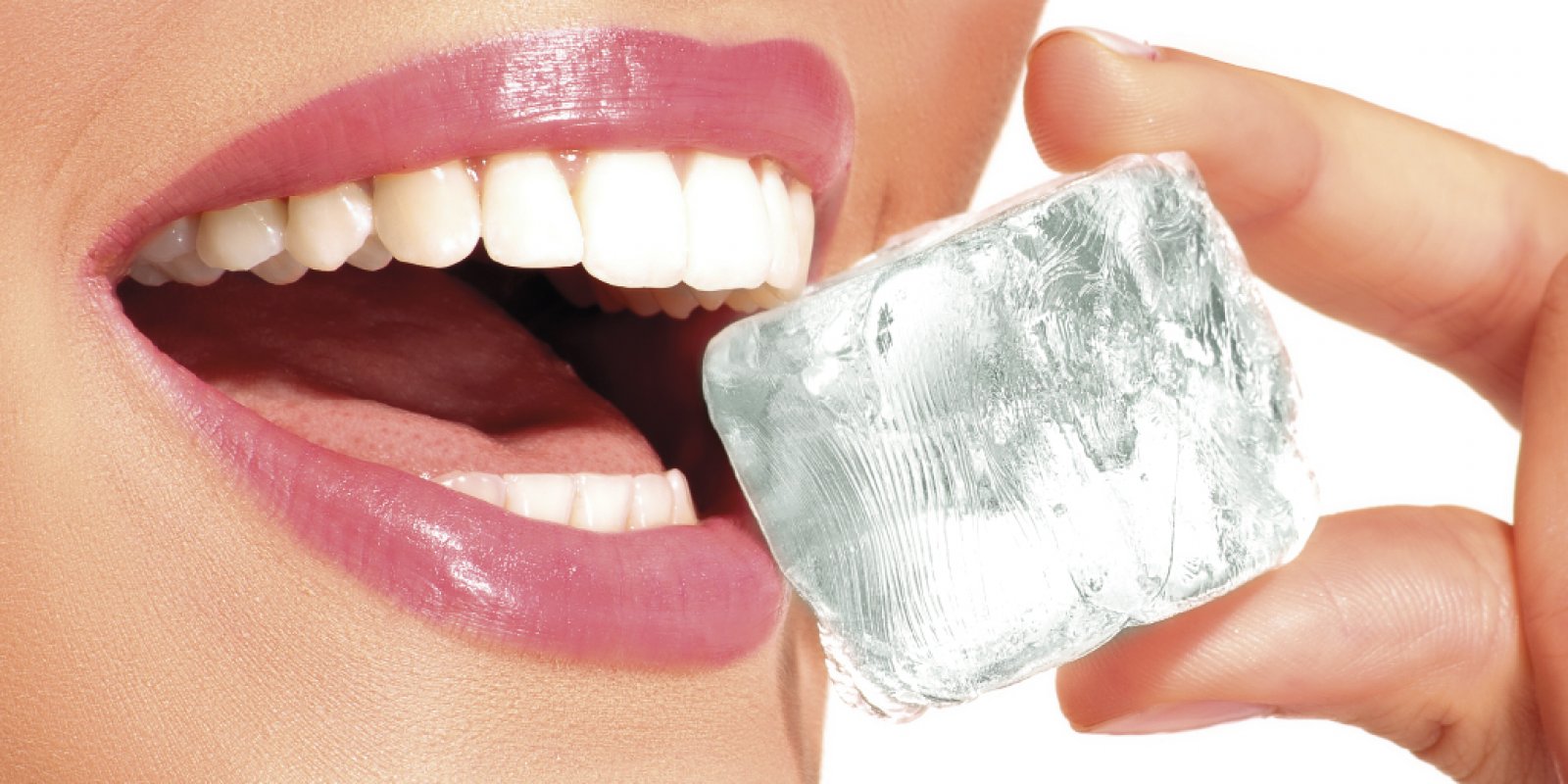Dr. Arabella Michelén
Wednesday, May 1, 2024
An occupational accident in the Dominican Republic is defined as any accident that occurs within the work environment or any activity inherent to it, as well as during the journey to the site scheduled for that day's agenda and the return home, as long as there are no deviations unrelated to the scheduled task; of course, physical or mental injuries, illnesses and in the worst case, death occur. Many of these cause damage to the oral cavity.
Among the most common are: traffic accidents, falls, impacts caused by moving objects, poisoning and exposure to dangerous substances. These must be reported as soon as possible, within a period of no more than 72 hours, to the employer, as well as to IDOPPRIL, the Dominican Institute for the Prevention and Protection of Occupational Risks.
The oral injuries most related to these accidents are: dental fractures, whether at the crown or root level, which vary in size from one case to another; traumas due to the application of abnormal forces, dental displacements and crowding, dislocations, avulsions of one or more teeth, traumas at the level of the jaws, damage and lacerations of the soft tissues of the oral cavity, among others.
Given the physical and psychological impact of the accident, there is a tendency to push the damage caused to oral health into the background, prioritizing other areas of the human body. This is why people forget to collect a tooth that has been avulsed, including damage to the oral cavity in the report, which is excluded from the coverage provided by the Social Security System.
The treatment will vary in each case, and it depends largely on the patient's general health conditions, the magnitude of the trauma and the affected oral structures. For example, a mandibular fracture will be restored first rather than a dental replacement.
The mechanism used is the following, the patient is referred to IDOPPRIL, diagnosis and treatment plan, supported by the necessary imaging studies, as well as any other that the case merits, this file is given the case number previously assigned by the Dominican Institute for the Prevention and Protection of Occupational Risks and after approval, the rehabilitation of the damages caused by the work accident begins.
The treatment plan will be designed taking into account health and aesthetics, sparing no effort and applying high technology. It should be discussed and analyzed with the patient, a very important part is what he wants to restore, the time he is willing to dedicate to his oral health and his expectations in the aesthetic factor. Generally there are several alternatives. The dentist will probably be assisted by different dental specialists.
Dental reconstructions, prostheses, whether fixed or removable, implants, bone graft surgeries, gingival remodeling, splinting, endodontics, tooth extractions, suturing of soft tissue wounds, orthodontic treatments are some of the most commonly used procedures to rehabilitate patients with oral trauma.
The patient who suffers an accident, suddenly sees a significant change in his life, suddenly his priorities are different and he is faced with a very different reality, this sometimes leads him to make decisions that he may later regret, for example: "Doctor, I prefer that the pieces that have been displaced be extracted and replaced with a mobile device instead of undergoing bone insert surgery, perhaps fertilization..." it is probably the simplest and quickest treatment at that time of those that have been presented.
However, fatigue, the physical and emotional period he is going through, does not allow him to visualize the benefits he will obtain in the long term with other alternatives. It is advisable to listen to all the possible treatment plans, the pros and cons of each one, and not to go to that consultation alone, because even though the decision is his, the help and support of a close person is very useful and valued in these circumstances. Mature your decision and think about the best, not in a hurry and desperately.
Remember that on the economic side, you have coverage for these services and both IDOPPRIL and your doctor want to achieve the best results in terms of health and aesthetics.
Don't make a decision a priori or perhaps based on fatigue and time. The consequences of poor decisions tend to complicate future treatment plans. Nothing can be done to change an accident that has already occurred, but make sure you choose the best option for your well-being, oral health and general health.










